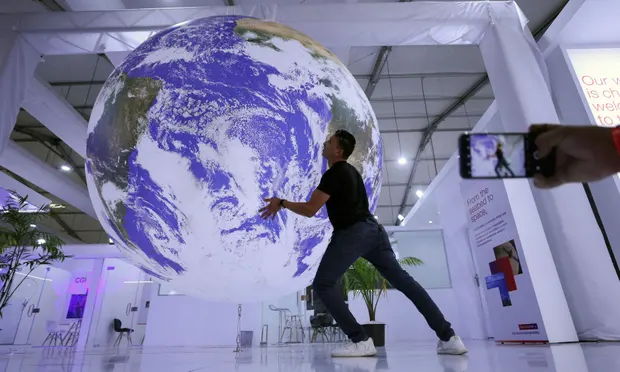In this report, we have put together key outcomes from the climate change summit in Egypt. Below are some of them.
Loss and damage
For about three decades, developing countries have sought money to rescue and rebuild the physical and social infrastructure of countries devastated by extreme weather, otherwise known as financial assistance for loss and damage. Getting developed countries and the EU to agree to their demands is a major milestone as they are the most industrialized nations that used fossil fuels to enrich themselves, thereby causing global warming. However, the difficult part would be setting up the fund and filling it with cash as there is no agreement yet on how the finance should be provided and where it should come from. The total funding required for adaptation is at least $2.5 trillion by 2030.
Read also: Mortgage bankers raise awareness on climate Change
1.5C
Two temperature goals were set in the 2015 Paris agreement. One was to keep the rise “well below 2C” above pre-industrial levels, and the other is “pursuing efforts” to keep the increase to 1.5C. Since then, researchers have shown clearly that 2C is not safe, so at Cop26 in Glasgow, last year countries agreed to focus on a 1.5C limit. But a year after the event in Glasgow, a further 40bn tonnes of carbon dioxide has been released into the atmosphere. In a process known as the ratchet, they also agreed to return each year to strengthen them as their commitments to cutting greenhouse gas emissions were too weak to stay within the 1.5C limit. At Cop27, some countries tried to renege on the 1.5C goal, and abolish the ratchet. They failed, but a resolution to cause emissions to peak by 2025 was taken out, to the dismay of many.
Gas and Fossil fuels
When this year’s event set off, hopes were raised at Cop27 that serious reductions could be made in humanity’s burning of coal, gas and oil, the major causes of climate change. India’s call for fossil fuel burning to be phased down fueled the optimism. India’s demand was the subject of intense wrangling late into Saturday night, but in the end, it failed and the resolution included was the same as that in Glasgow. However, a provision to boost “low-emissions energy” was contained in the final text of Cop27. Although that is subjected to different interpretations, it could refer to gas, which has lower emissions than coal but is still a major fossil fuel.
Adaptation
Poor countries often struggle to gain funding for efforts to build flood defences, preserve their wetlands, and restore mangrove swamps and regrowing forests. All these measures can help countries become more resilient to the impacts of climate breakdown. Only about $20bn goes to adaptation out of the $100bn a year rich countries promised developing countries would receive from 2020. In Glasgow, countries agreed to double that proportion, but at Cop27 some sought to remove that commitment. After some struggle, it was reaffirmed.
Story was adapted from the Guardian.
